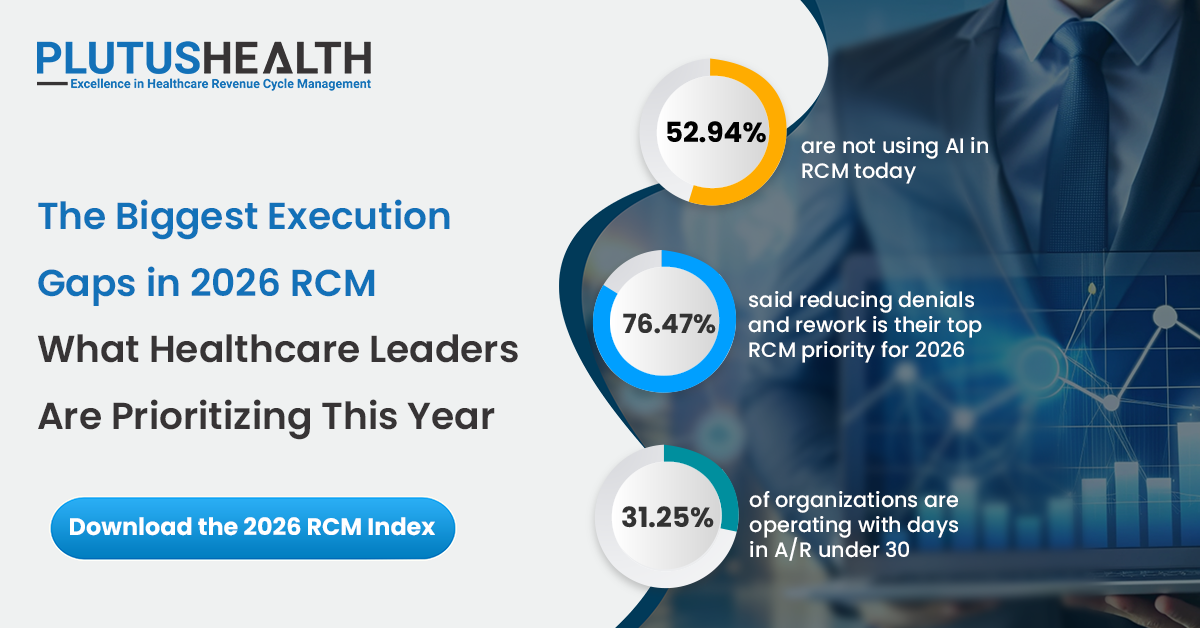Unwrap Top Strategies To Simplify Insurance Discovery
Unwrap top Strategies to Simplify Insurance Discovery
Experts predict that almost twice as many U.S. healthcare providers will experience negative margins during and after Covid-19 than prior to the global pandemic. To avoid negative margins and prevent insurance denials, it’s essential to create a consistent revenue cycle management process.
Denials are best avoided by understanding what coverage is available for different treatments and patients. However, analyzing medical contracts can be stressful during a pandemic that has crowded hospitals around the country.
Here are a few healthcare insurances tips to simplify the billing process.
Maintain Programs that Identify Errors
Filing errors are a problem that the billing team needs to immediately identify. If a filing mistake is not corrected quickly enough, the error can cascade into more errors. Healthcare billing companies take an insurance denial and break down what the problem is. But when done manually, this process takes significantly more time and effort. Avoiding such time loss helps healthcare providers and their patients, makes the process less stressful, and circumvents unnecessary financial burdens.
Invest in Healthcare Data Management
Medical contracts are complex. To add to the complexity, insurers frequently change their standards — making it difficult for even the most experienced healthcare provider to understand plans. Additionally, the wording of many contracts is vague enough for multiple interpretations.
As such, it is crucial providers keep technological systems updated with current information. Doing so can help discover previously discarded payers. For example, up to 40 percent of self-pay patients have some insurance they’ve failed to reveal. Failing to maintain your information systems will remove this potential income flow.
Technological development promises to increase the amount programs can do with insurance. Future programs will likely be able to scan an insurance card, then immediately provide accurate coverage information. While this process may be years off, it’s important to familiarize your business with the tools that will one day become far more powerful.
Create a Team to Monitor Healthcare Revenue Integrity
Depending on the size of your organization, it may be beneficial to create an analytics and improvement team. This group will be tasked with monitoring trends across your practices and collecting data. This data is standardized to account for different practices’ caseload and pricing. From here, analysts compare the data to show trends.
When done correctly, this type of analysis helps companies understand what is working for their organization. It is best to set specific, measurable goals such as reducing denials by 10% in two months. Once this date arrives, your team is accountable for the results and can structure improvements.
Manage Your Human Resources
Modern technology has decreased the number of workers needed in billing and collecting. However, the amount of training required to be effective in these fields has increased. Problem-solving is a crucial skill in today’s environment, and recruits need technical skills to manage complex programs.
The healthcare industry has an alarmingly high turnover rate. Some industry sectors have relatively simple training requirements. However, billing and coding require time and care to teach. It is crucial companies have detailed training systems for employees. Having an organized, tested curriculum helps better prepare workers for their vocation.
Hire a Professional Agency to Receive Healthcare Business Insights
If everything listed here seems overwhelming, consider hiring a professional billing service. Billing and coding companies specialize in reimbursement maximization. They have the tools and expertise to discover the most elusive insurance clauses. Outsourcing your collection services means that your company will not have to create, train, and manage an effective billing team, giving you more time to focus on growth.
Over 90% of denials are avoidable. At PlutusHealth, we work with you to reduce your number of denied claims so you can get the revenue you deserve. Our advanced technology helps us automate time-consuming tasks to ensure accuracy. If you are struggling with billing, collection, or management, our expert team can help you increase your practice’s performance.
Key Takeaways
1. Employ programs that give immediate feedback on errors and potential errors.
2. Update contract information in a billing program.
3. Monitor progress by creating an analytics and improvement team.
4. Set high, consistent standards for recruits, and build well-organized training programs.
5.Outsource revenue cycle management to improve reimbursement and avoid costly, time-consuming collection.




















































